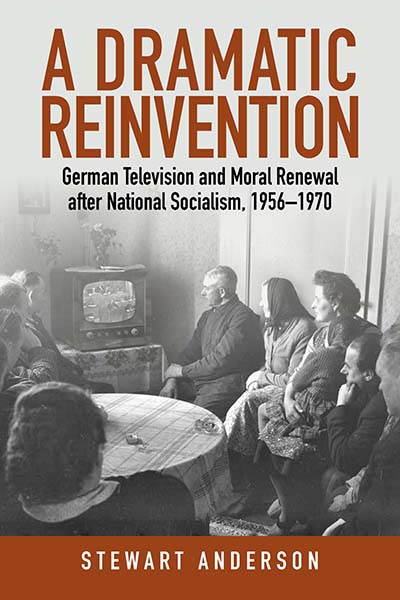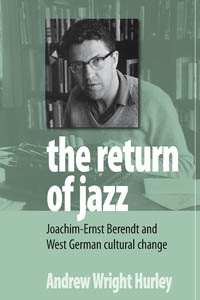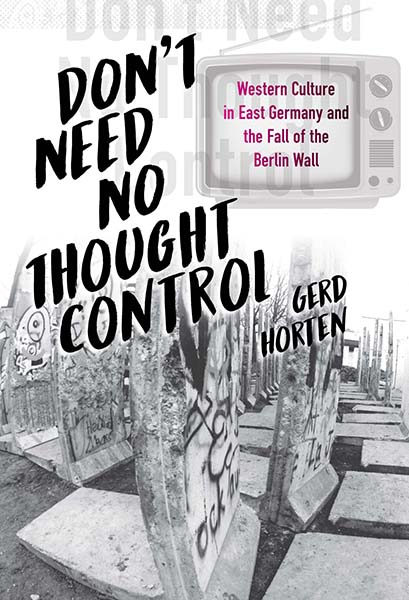
See Related
History JournalsEmail Newsletters
Sign up for our email newsletters to get customized updates on new Berghahn publications.
A Dramatic Reinvention
German Television and Moral Renewal after National Socialism, 1956–1970
Stewart Anderson
224 pages, bibliog., index
ISBN 978-1-78920-644-9 $135.00/£104.00 / Hb / Published (April 2020)
ISBN 978-1-83695-380-7 $34.95/£27.95 / Pb / Not Yet Published (December 2025)
eISBN 978-1-83695-381-4 eBook
Reviews
“Stewart Anderson paints an evidence-based, richly textured, eminently readable account of the post-fascist establishment of television in Germany… It is welcome for its addition to a still meager body of scholarship on German television in English, and it provides a solid historical basis for further investigations and scholarly engagement with television’s critical contribution to national identity formation.” • The German Quarterly
“Stewart Anderson has made a very substantial contribution to the comparative study of German culture of the 1950s and 1960s by providing a map of cultural values and discursive positions in television narratives, which were both shared and contested in the postwar struggle for cultural and political legitimacy…Anderson points to gaps to be filled in future research on the history of televisual fictional narratives, which should attain the same level of quality as this study.” • Central European History
“What deserves highlighting is that the author casts the German-German commonalities of the medialization of values and norms during Cold War in a new light. He thus provides insights that are important for the moral and media history of the divided country. This is why it is to be hoped that this book will stimulate further research on this topic.” • H-Soz-Kult
“A valuable contribution to the cultural and media history of both Germanies in the first decades after the war, weighted more to the sociological than the aesthetic or media-theoretical side.” • German Studies Review
“This engagingly written book presents an original take on the familiar topic of postwar Germany’s ‘coming to terms with the past,’ with a strong emphasis on television as a significant agent of change” • Paul Moore, University of Leicester
Description
Following World War II, Germany was faced not only with the practical tasks of reconstruction and denazification, but also with the longer-term mission of morally “re-civilizing” its citizens—a goal that persisted through the nation’s 1949 split. One of the most important mediums for effecting reeducation was television, whose strengths were particularly evident in the thousands of television plays that were broadcast in both Germanys in the 1950s and 1960s. This book shows how TV dramas transcended state boundaries and—notwithstanding the ideological differences between East and West—addressed shared issues and themes, helping to ease viewers into confronting uncomfortable moral topics.
Stewart Anderson is an Assistant Professor at Brigham Young University and holds a doctorate from SUNY Binghamton. He is the co-editor of Modernization, Nation-Building, and Television History (Routledge 2014).


